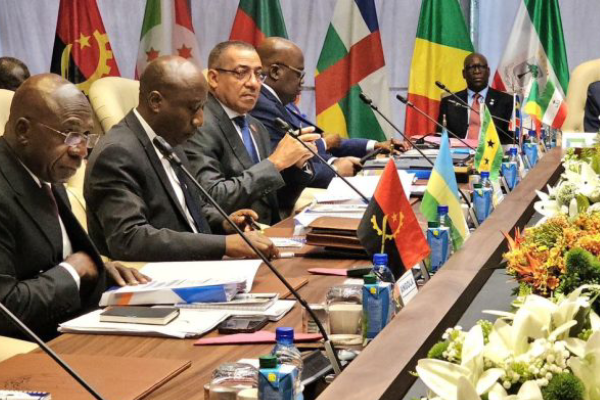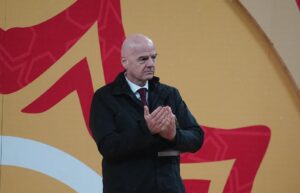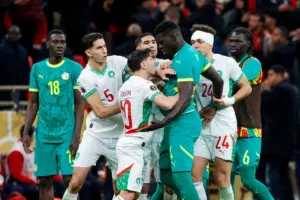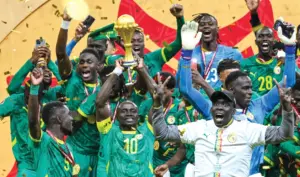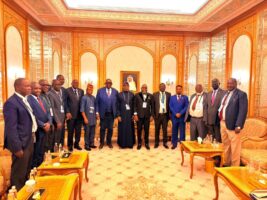Rwanda has announced its withdrawal from a central African regional union following a diplomatic row over its role in the Democratic Republic of Congo’s eastern conflict.
The country was intended to take on the chairmanship of the Economic Community of Central African States (Eccas), which is rotated among its 11 members.
However, it was prevented from doing so during a summit in Equatorial Guinea on Saturday.
Rwanda announced its decision to exit Eccas, claiming that its right to chair was overlooked in favor of the DRC’s agenda.
As a result it “sees no justification for remaining in an organisation whose current functioning runs counter to its founding principles and intended purpose”.
The dispute comes as efforts to stop the war in eastern DR Congo continue.
Following U.S intervention, Rwanda and the Democratic Republic of the Congo are drafting a peace plan, which is likely to be signed later this month.
Read Also
According to a statement from the Congolese presidency, the summit’s leaders “acknowledged Rwanda’s aggression against the Democratic Republic of Congo and ordered the aggressor country to withdraw its troops from Congolese soil.”
It also stated that unless the disagreement was settled, Equatorial Guinea would continue to serve as chairman “to the detriment of Rwanda”.
In a comment, Congolese government spokesperson Patrick Muyaya said that “one cannot continually and voluntarily violate the principles that underpin our regional institutions and claim to want to preside over them”.
He added that the Eccas decision “should inspire other regional organisations to adopt a firmer stance against Rwanda”.
Rwanda has been accused of supporting M23 rebels in the east of DR Congo.
The group has made major advances at the beginning of the year, taking the key regional cities of Goma and Bukavu.
But Rwanda has denied the accusations saying instead that its troops were deployed along its border to prevent the conflict spilling over to its territory.
Rwanda has once before, in 2007, left Eccas, whose mission is to foster co-operation and strengthen regional integration in central Africa.

